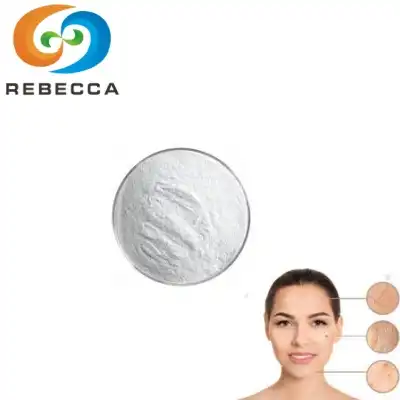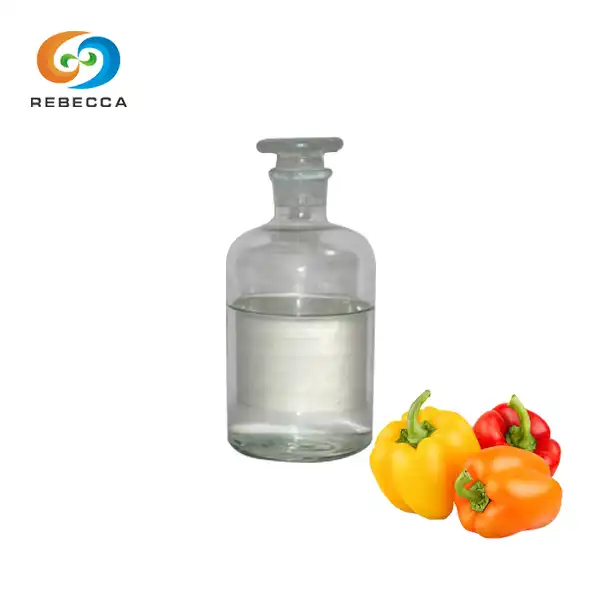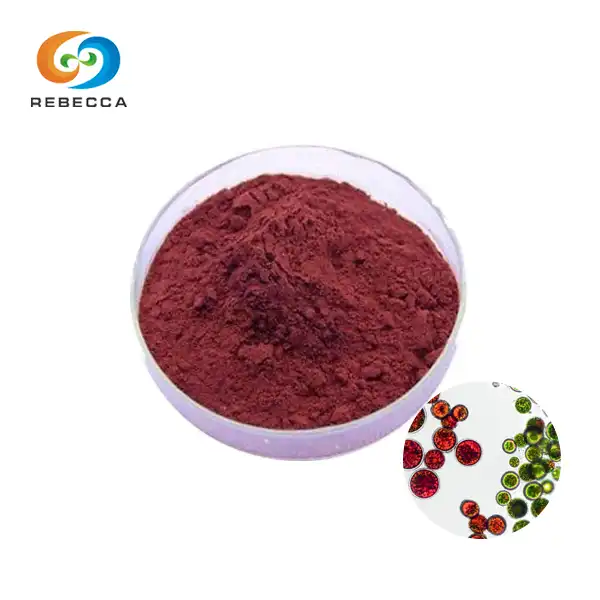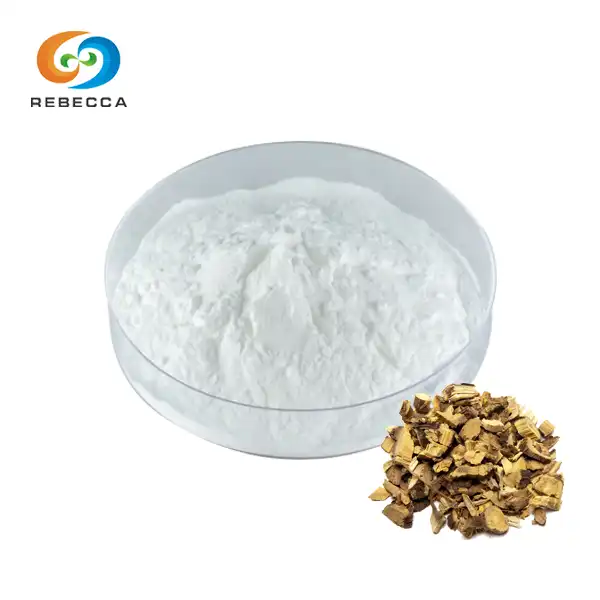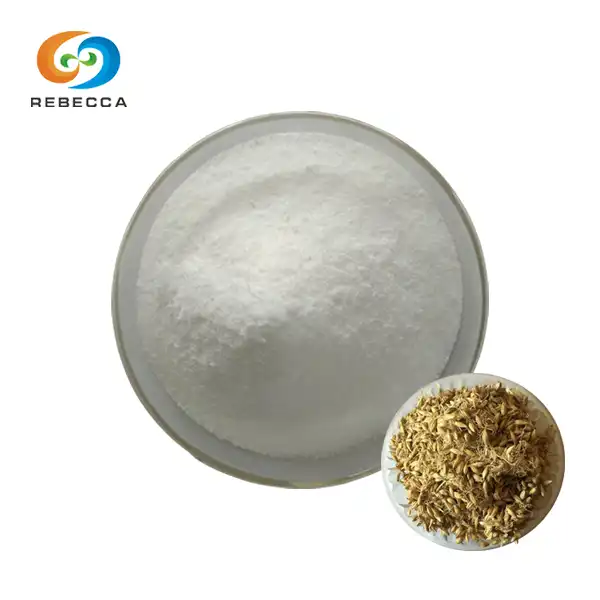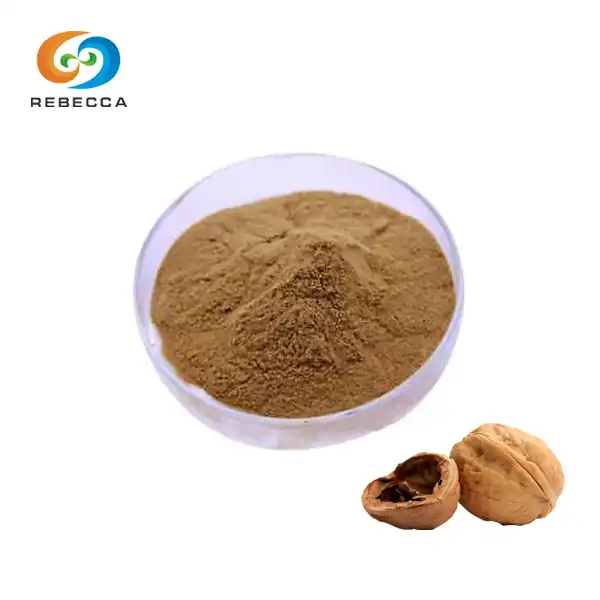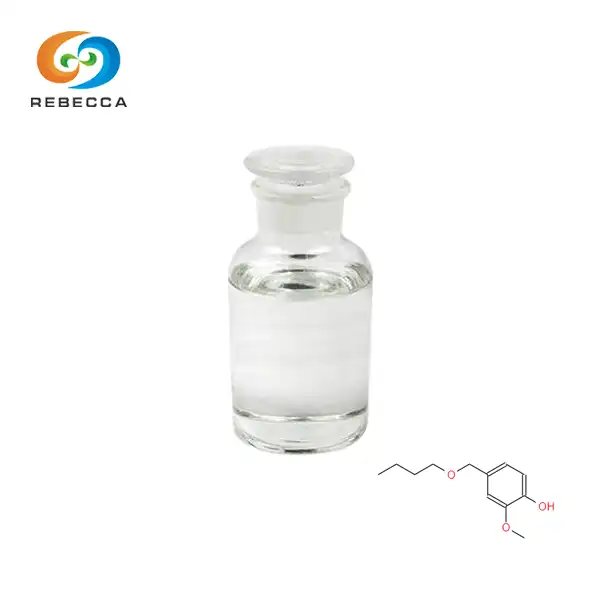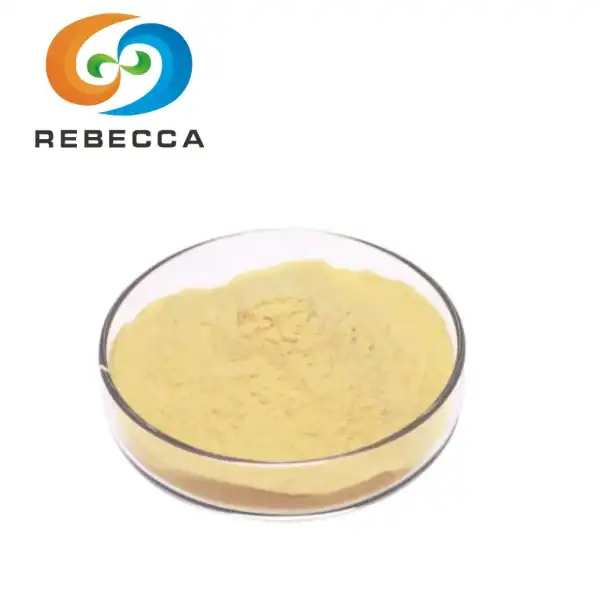What is the difference between B12 and B12 cyanocobalamin?
Forms of B12
Methylcobalamin, Adenosylcobalamin, Hydroxocobalamin, and Cytocobalamin are the four forms of vitamin B12 that are most frequently utilized.Our primary focus is on vitamin B12 (cyanocobalamin), a synthetic form of vitamin B12. Although it is rarely found in food, supplements and fortified foods frequently contain it.
Cyanocobalamin is created when a cyanide molecule and a cobalamin atom are joined. Regardless of the way that it contains a modest quantity of cyanide, this sum is unimportant and represents no wellbeing chances. In mark of reality, it is the most steady type of vitamin B12, which settles on it a brilliant decision for supplementation and stronghold of items.
The stability of cyanocobalamin is one of its primary benefits. Because it is more resistant to heat and light than other forms, it has a longer shelf life. This is crucial in the manufacturing of food products and supplements, where it is critical to preserve the potency of nutrients over time.
It is vital to remember that before cyanocobalamin can be used, the body should change over it into its dynamic structures, methylcobalamin and adenosylcobalamin. This conversion process typically works well in healthy individuals; However, certain health conditions or genetic factors may prevent some people from converting cyanocobalamin effectively.
vitamin b12 powder is an exceptionally focused and flexible type of Vitamin B12, a fundamental supplement fundamental for various physiological capabilities. Obtained basically from regular maturation processes including explicit kinds of microbes, it is an unadulterated and bioavailable enhancement. Methylcobalamin or cyanocobalamin, which are both forms of vitamin B12, is the primary component of Vitamin B12 Powder.

Source
The sources of different forms of vitamin B12 vary, which is one of the key distinctions among all forms.
As was previously mentioned, vitamin B12 (cyanocobalamin) is a vitamin B12 synthetic. It's typically produced in a laboratory setting through bacterial fermentation. The process involves growing specific bacteria that naturally produce vitamin B12, then isolating and purifying the vitamin. After purification, the vitamin is combined with cyanide to create cyanocobalamin. This production method allows for large-scale manufacturing, making it the most common form of B12 used in supplements and fortified foods.
The controlled production of vitamin B12 (cyanocobalamin) ensures consistency in quality and potency, which is crucial for supplement manufacturers and food companies. Its stability also makes it the preferred choice for many products, as it can withstand various processing and storage conditions without significant degradation.
In differentiation, the common forms of vitamin B12 - methylcobalamin and adenosylcobalamin, are found essentially in animal-based nourishment sources. These include meat (especially organ meats like liver), fish, eggs, and dairy products. Some fermented foods and certain types of algae also contain small amounts of these natural B12 forms, although their bioavailability may be limited.

Hydroxocobalamin, another form of B12, is created by microbes and can be found in little sums in a few foods. However, it's more commonly used in injectable B12 preparations rather than oral supplements.
It's worth noticing that whereas cyanocobalamin is manufactured, this doesn't make it second rate to normal forms of B12. In truth, for numerous individuals, cyanocobalamin supplements are an effective way to keep up satisfactory B12 levels, particularly for those taking after veggie lover or vegetarian diets, more seasoned grown-ups, or people with assimilation issues.
For occurrence, people taking after a plant-based eat less may require to depend on invigorated nourishments or supplements containing cyanocobalamin to meet their B12 prerequisites, as normal nourishment sources of B12 are essentially animal-based.
Bioavailability
The rate of a supplement that is retained and utilized by the body is alluded to as its bioavailability. When comparing B12 in common to vitamin B12 (cyanocobalamin) in specific, it is vital to keep in intellect that the bioavailability of different shapes of vitamin B12 can vary.
Despite being the most common supplement form, vitamin B12 (cyanocobalamin) is not used by the body directly. The body must undergo a conversion process when consuming cyanocobalamin. It is first broken down into hydroxocobalamin before being transformed into the two active forms: methyl and adenosylcobalamin, respectively. This transformation cycle happens in the liver and different tissues. For most sound people, this change cycle is proficient, and cyanocobalamin supplements are actually ingested and used. However, a few individuals may be incapable of changing cyanocobalamin into its dynamic shapes due to hereditary varieties or wellbeing issues. In such cases, supplements containing methylcobalamin or adenosylcobalamin may be more valuable.
Methylcobalamin and adenosylcobalamin, the two characteristic forms of B12, are as of now in their dynamic states and can be utilized by the body specifically without being changed over. Some have argued that these forms might be more bioavailable or effective due to their direct use. Nonetheless, the logical proof supporting this guarantee is blended, and more examination is expected to conclusively state whether these structures offer critical benefits over cyanocobalamin for the vast majority. It's essential to take note that the bioavailability of any type of B12 is impacted by different variables, including individual wellbeing status, age, and the presence of a characteristic component - a protein created in the stomach that is significant for B12 retention. B12 may, for example, be difficult to absorb in any form in older people or those with certain gastrointestinal conditions.
In terms of absorption rates, studies have demonstrated that all forms of B12 are absorbed through passive diffusion at comparable rates when taken in high doses (as in the majority of supplements), avoiding the requirement for intrinsic factors. As a result, taking cyanocobalamin supplements can be just as effective as taking other forms to maintain adequate B12 levels for many people. Nonetheless, it's important that the body's capacity to assimilate B12 is restricted. Since only a small portion of a high-dose supplement is actually absorbed, B12 supplements frequently contain significantly more of the vitamin than the daily allowance.
Vitamin B12 Powder For Sale
For those in need of high-quality vitamin B12 supplements or for manufacturers looking to incorporate this essential nutrient into their products, Rebecca Bio-Tech offers cyanocobalamin (vitamin B12) powder. As a leading producer in China, they maintain stringent quality standards with a minimum purity of 99%.
Rebecca Bio-Tech's annual production capacity exceeds 1000 kilograms, ensuring a stable supply for various applications. This high-purity cyanocobalamin powder can be used in the production of dietary supplements, fortified foods, and other nutritional products.
The stability and versatility of cyanocobalamin make it an excellent choice for various formulations, including tablets, capsules, and liquid supplements. Its resistance to environmental factors ensures that the final products maintain their potency over time.
For further information about Rebecca Bio-Tech's cyanocobalamin powder, including pricing, specifications, and ordering details, interested parties can contact them directly at information@sxrebecca.com. As always, it's important to work with reputable suppliers and ensure that any supplements or fortified products meet all relevant regulatory standards for safety and efficacy.
References
1. Green, R., Allen, L. H., Bjørke-Monsen, A. L., Brito, A., Guéant, J. L., Miller, J. W., ... & Yajnik, C. (2017). Vitamin B12 deficiency. Nature Reviews Disease Primers, 3(1), 1-20.
2. Obeid, R., Fedosov, S. N., & Nexo, E. (2015). Cobalamin coenzyme forms are not likely to be superior to cyano-and hydroxyl-cobalamin in prevention or treatment of cobalamin deficiency. Molecular nutrition & food research, 59(7), 1364-1372.
3. Thakkar, K., & Billa, G. (2015). Treatment of vitamin B12 deficiency–methylcobalamin? Cyancobalamin? Hydroxocobalamin?—clearing the confusion. European journal of clinical nutrition, 69(1), 1-2.
4. Gherasim, C., Lofgren, M., & Banerjee, R. (2013). Navigating the B12 road: assimilation, delivery, and disorders of cobalamin. Journal of Biological Chemistry, 288(19), 13186-13193.
5. Wolffenbuttel, B. H., Wouters, H. J., Heiner-Fokkema, M. R., & van der Klauw, M. M. (2020). The many faces of cobalamin (vitamin B12) deficiency. Mayo Clinic Proceedings: Innovations, Quality & Outcomes, 4(6), 611-624.
6. Rizzo, G., Laganà, A. S., Rapisarda, A. M., La Ferrera, G. M., Buscema, M., Rossetti, P., ... & Vitale, S. G. (2016). Vitamin B12 among vegetarians: status, assessment and supplementation. Nutrients, 8(12), 767.
7. Froese, D. S., & Gravel, R. A. (2010). Genetic disorders of vitamin B12 metabolism: eight complementation groups–eight genes. Expert reviews in molecular medicine, 12.
